In the area of renewable energy, some academic and private companies in the US are already pursuing transgenic approach to improve potential bioenergy crops (e.g., improve their digestibility)? What is the situation in the Philippines in the area of bioenergy crops?
No GM crops specifically for energy production as yet.
Considering the recent vandalism committed by some Greenpeace activists on GM field trials in Los Banos, how would you assess the level of acceptance of GMO in the Philippines compared to other Asian countries? Or to European countries where resistance to GM technology is apparently enormous?
Several surveys done in the Philippines by academics, ILSI have shown general acceptance by various sectors: farmers, consumers, policy makers, etc.
One of the concerns raised by some environmentalist groups against GMO is the safety of GM crops. Is this concern unfounded? To an ordinary Pinoy citizen who is most likely not familiar with the technology, how would you answer the question to allay his concern?
The Philippine regulatory system for GM crops was essentially established to ensure that any GM crop used as food, feed or for processing is as safe as its non-GM counterpart. The regulatory system assesses the safety for food and feed of GM crop prior to its entry in the food/feed chain and if the GM crop is intended for planting, its environmental safety is assessed as well.
What are the hurdles that need to be satisfied before a GM crop is released in the Philippines? How do you compare the standards set by the Philippines on releasing GM crops with that of other countries?
To be able to plant a GM crop in the Philippines, the GM crop must undergo several safety assessment processes besides undertaking studies under strict confined standards. For a food GM crop, any new introduced protein or substance must be assessed for allergenicity and toxicity potentials, its nutritionally significant components must be compared with a non-GM variety/ties, and possible adverse effects on the environment evaluated. It takes a multidisciplinary team to be able to generate all the data necessary to assess these safety parameters.
Philippine safety standards for GM crops are similar to those adopted by the members of the OECD and of other countries adopting the Codex Alimentarius guidelines and the recommendations of the Panel of Experts of the OECD on environmental safety assessment.
To be successful, one of the foundations of GM technology is an R&D infrastructure that allows discovery of genes that can be utilized in improving a particular trait in certain crops. If the Philippines is inclined to use this technology in the long term, what is the long-term outlook in the country to invest in this type of infrastructure? Is it fair to say that, in the absence of this infrastructure, the country would be too-dependent on the technology developed in the developed countries?
Since we have difficulty in maintaining long term research programs necessary to support R & D from gene discovery to commercial release of the GMO, the more practical strategy is to work with public/private institutions in developed countries purposely established or have projects/programs to undertake development of relevant GM crops for developing countries such as the Donald Danforth Plant Science Center in the US.
What are the top three items in your wish list for science and research in the Philippines?
A long term program for S & T that is immune to changes in political administrations, better working environment for scientists and a larger community of productive scientists. The first 2 are important for the third to happen.
Besides your work (and possibly facebook ), what are some of the things that you are passionate about these days?
My family.
Assuming that time-travelling is possible, what advice would you give to Nina Halos of 47 years ago who was about to join UP Varrons?
Go ahead join the Varrons, keep in touch and be active.
The UP Varrons organization is going to celebrate its 50th anniversary next year. Any thoughts?
A lecture series at UPLB from established Varron members.
[/fusion_text][/fusion_builder_column][/fusion_builder_row][/fusion_builder_container]Last Updated on April 11, 2021 by Tudla_Admin


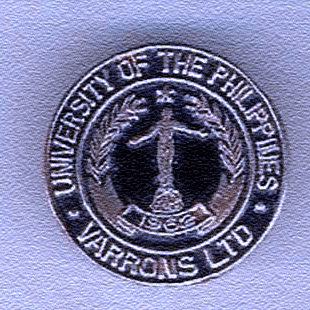






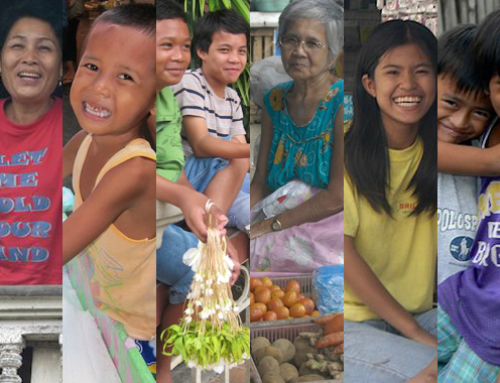


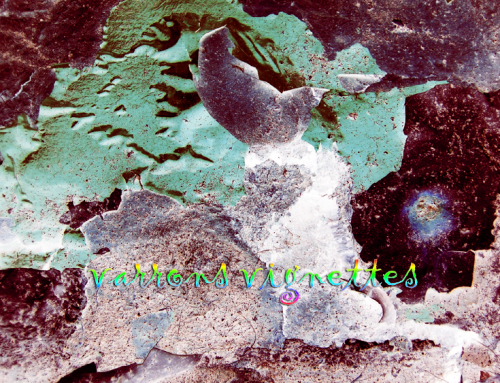
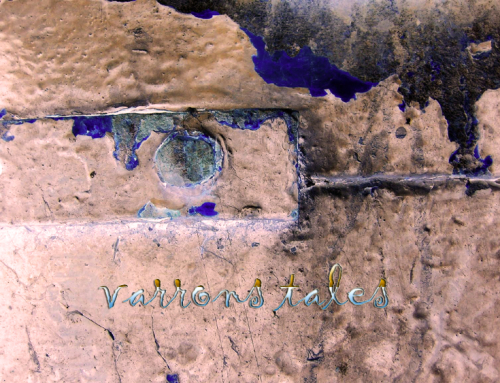
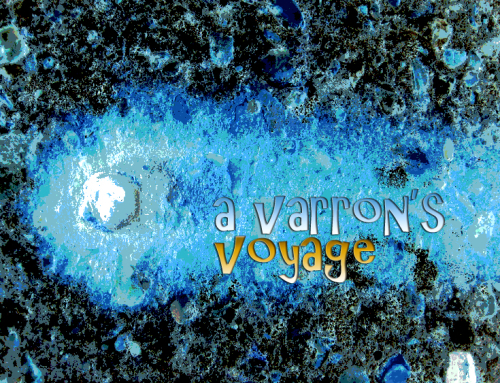


[…] You can read a brief conversation of Tudla with Nina in this link. […]